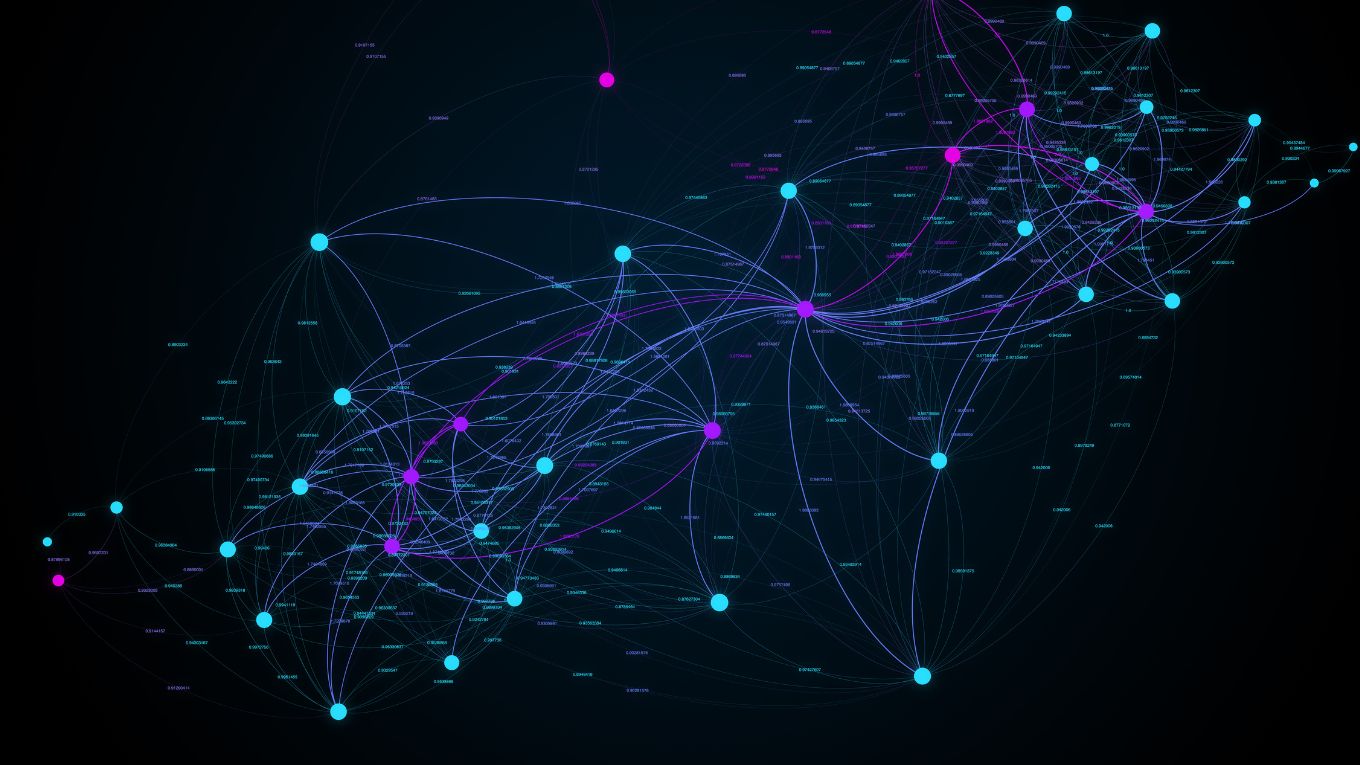Insights
Real World Evidence and Artificial Intelligence in Medical Affairs: fact or fiction?
02 Aug, 20233 minutesReal-world evidence (RWE) became an increasingly crucial element in the pharmaceutical indus...

Real-world evidence (RWE) became an increasingly crucial element in the pharmaceutical industry. Previously, the assessment of a drug's safety and efficacy was limited to clinical trials. However, RWE allows us to monitor and collect data over time on how new drugs perform in wider and more diverse patient populations once they are on the market. This represents a significant advancement, as clinical trials often struggle to adequately represent the true diversity of the general population and may not detect long-term effects. However, the generation of RWE produces a vast amount of data that often necessitates the use of Artificial Intelligence and Machine Learning methods for analysis. These advanced techniques are essential for making sense of the complex datasets associated with RWE.
The impact of RWE has been significant, leading to the transformation of clinical trial design, facilitating regulatory approvals, and influencing decisions related to market access and reimbursement. This change has been acknowledged by Medical Affairs departments, prompting large pharmaceutical companies to establish specialized departments to handle the complex datasets emerging from Phase IV clinical trials.
The Implementation of RWE in Medical Affairs
A recent report from McKinsey predicts that the increased implementation of RWE in Medical Affairs will be the primary driver for improving patient outcomes and sales by 2025. Therefore, it is crucial for Medical Affairs professionals to understand the transformative potential of RWE and its implications for current practices. In this article, we will analyze how RWE can reshape current Medical Affairs practices and its impact on future hiring in the field.
So, how do Artificial Intelligence and RWE benefit the Medical Affairs industry?
Understanding Real-World Patient Outcomes
RWE provides insights into how products perform in real-world settings and patient populations. It goes beyond the controlled environment of clinical trials and captures data from diverse patient groups, with varying conditions, treatment regimens, and adherence levels. Medical Affairs teams can analyze RWE to understand the effectiveness, safety, and tolerability of products in routine clinical practice, helping to inform treatment decisions and refine medical strategies.
Enhancing Interactions between Medical Science Liaisons (MSL) and Key Opinion Leaders (KOL)
Thanks to RWE, MSLs can deliver data specific to the patient populations, conditions, and disease progression that the KOL is investigating. This helps to build more credibility in their interactions and alleviates doubts in the KOL's mind regarding specific patients who belong to racial minorities or have multiple diseases.
Informing Treatment Guidelines and Pathways
RWE contributes to the development of treatment guidelines and clinical pathways. Medical Affairs professionals can leverage RWE studies to demonstrate the real-world impact of therapies, compare treatment options, and provide evidence supporting optimal treatment approaches. By incorporating RWE into discussions with healthcare professionals and regulatory authorities, Medical Affairs teams can influence guidelines and policies to align with the evolving clinical landscape.
Supporting Market Access and Reimbursement
RWE plays a vital role in demonstrating the value and cost-effectiveness of products and supporting market access initiatives. Medical Affairs professionals can utilize RWE to generate health economic models, comparative effectiveness analyses, and budget impact assessments. This evidence is valuable when negotiating with payers and healthcare systems to secure reimbursement and formulary placement for products.
Post-Marketing Surveillance and Pharmacovigilance
RWE contributes to post-marketing surveillance and pharmacovigilance efforts, helping identify safety signals, adverse events, and rare side effects that may not have been captured in clinical trials. Medical Affairs teams can monitor and analyze RWE data to proactively detect and assess potential risks, enabling prompt reporting and appropriate risk management strategies.
Supporting Scientific Communications
RWE studies provide valuable data for scientific communications and publications. Medical Affairs professionals can utilize RWE findings to contribute to scientific manuscripts, abstracts, posters, and presentations at medical conferences. RWE data strengthens the evidence base and enhances the credibility of scientific communications, facilitating knowledge exchange with healthcare professionals, key opinion leaders, and the broader scientific community.
Patient-Centric Approach and Shared Decision-Making
RWE enables a patient-centric approach to healthcare decision-making. By incorporating real-world data, Medical Affairs teams can better understand patient preferences, treatment patterns, and outcomes, allowing them to provide personalized recommendations and engage in shared decision-making with healthcare professionals and patients. RWE contributes to a holistic understanding of patient needs and informs strategies to optimize patient care and outcomes.
MSLs have transitioned from a sales-supporting role to a high-profile Scientific role
Companies now prefer MSLs with a strong scientific background in the specific area of interest and the ability to communicate the complex scientific data produced by RWE in an accessible way. Interviews increasingly focus on the presentation of clinical trials and RWE data, as well as how MSL candidates translate numbers into real-life effects on patients.
Medical Directors now require expertise in Phase IV clinical trials
They need to be able to oversee the successful execution of Phase IV clinical trials and analyze the data coming out of them, identifying knowledge gaps and amending medical affairs strategy. Phase IV study management is increasingly present in Medical Directors' job descriptions, and it is a skill increasingly expected as standard by pharmaceutical companies.
Growing centricity of Health Economics and Outcomes Research (HEOR), Market Access, and Reimbursement in Medical Affairs
More roles are opening in this branch due to the collection and generation of RWE requiring extensive collaboration between insurance companies, healthcare providers, and pharmaceutical firms.
Digital health companies are on the rise
The last few years have witnessed the birth and success of new digital health companies possessing innovative algorithms to analyze RWE datasets. These companies have many functions comparable to pharmaceutical, biotech, and CROs, from biometrics to medical staff. This is a new market that job seekers usually do not consider when looking for medical affairs positions.
In conclusion, RWE has had a pervasive effect on the medical affairs industry, enriching KOL engagements, providing insights into specific patient populations, and strengthening the collaboration between the pharmaceutical industry and patient care. These changes have also been reflected in the job market, with the birth of new companies and positions in medical affairs. Moreover, companies now look for RWE expertise when selecting candidates for both field medical and in-house positions.


